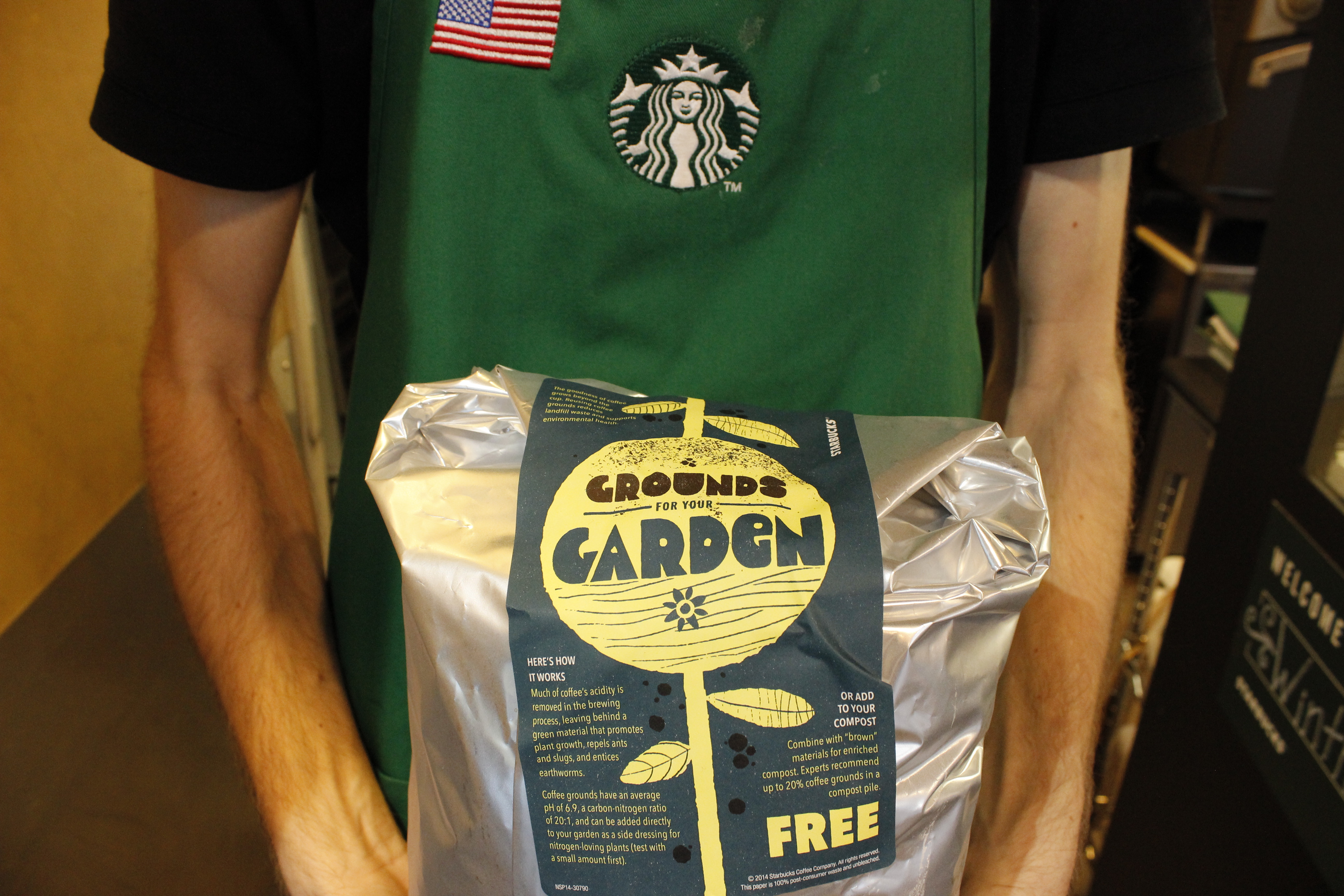Winthrop has introduced a new way of sustainability for the campus community.
Starting in the spring semester of 2019, the Office of Sustainability and Sodexo have partnered to work on a composting project. The project is a new way to have a more eco–friendly campus.
Composting is a way of recycling where organic material is decomposed and used as a soil conditioner. Food scraps are collected from Thomson along with coffee grounds from Starbucks. They are collected every eight to ten days to take to the composting center.
“Thomson Cafeteria staff collects pre-consumer food waste in two 32 gallon roll carts. The Sustainability Coordinator, with facilities management staff’s assistance, picks up the food waste when collection bins are full,” Chris Johnson, The Office of Sustainability Coordinator, said. “The food is taken to the community garden and dumped into the Earth Tub along with wood chips, usually a 1 to 3 ratio.”
Although Starbucks’ and Thomson‘s waste are currently the only things being collected, there is a plan in the future to eventually to do the same for all of Markley’s.
“While we are not diverting 100% of Winthrop’s food waste, we are reducing a percentage of compostable food waste from being placed in the landfill. In landfills, bacteria in food and other organics produces methane while decomposing without oxygen,” Johnson said. “Methane is a greenhouse gas contributing to global warming, a type of climate change. 30% of waste in South Carolina is food waste. Producing compost from food can be used to improve the health of existing soil and reduce the use of fertilizers, pesticides, and water.”
Along with this, the composted soil from the project is used on Winthrop’s campus.
“It supports the making of nutrient rich soils which the university uses for its landscaping,” Bryan Harris, general manager of Sodexo, said.
Students are encouraged to look into the project if interested in helping to create a more eco–friendly campus.
“The most important practice students can do is to reduce food waste. If we do not create the food waste, we do not need to figure out ways to dispose of it. Reducing the creation of food waste is the most important action we can take,” Johnson said. “Next is feeding people in need or who are food insecure. Landfilling food is that absolute last option that should be considered.”
The Office of Sustainability also has other projects aimed at creating a more sustainable campus.
Some of these projects include the bike share, the My Ride bus system, cardboard collection during move–in day, sustainability class courses, and the beautify campus project.
“The Office of Sustainability’s website has many resources about sustainable initiatives including better understanding recycling, energy conservation, and other practices that improve our campus,” Johnson said.
If you want to know more about Winthrop’s specific composting project, contact Chris Johnson at johnsonc@winthrop.edu.
For more information on food waste in general visit https://www.scdhec.gov/environment/recycling-waste-reduction/dont-waste-food-sc.
You can follow Winthrop’s Office of Sustainability on Facebook @wusustainability or on Instagram @winthropsustainability for all updates about upcoming projects.
Photo: Tate Walden/ The Johnsonian




